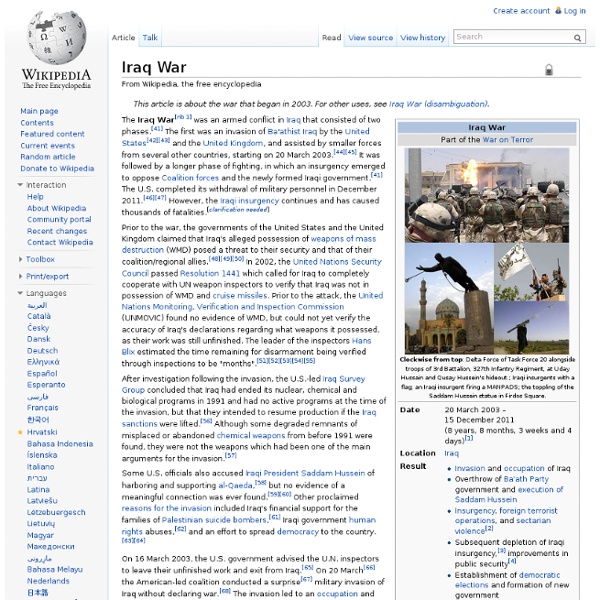Bill Hicks
William Melvin "Bill" Hicks (December 16, 1961 – February 26, 1994) was an American stand-up comedian, social critic, satirist, and musician. His material, encompassing a wide range of social issues including religion, politics, and philosophy, was controversial, and often steeped in dark comedy. At the age of 16, while still in high school, he began performing at the Comedy Workshop in Houston, Texas. During the 1980s, he toured the United States extensively and made a number of high-profile television appearances; but it was in the UK that he amassed a significant fan base, filling large venues during his 1991 tour.[1] He also achieved a modicum of recognition as a guitarist and songwriter. Hicks died of pancreatic cancer on February 26, 1994, in Little Rock, Arkansas, at the age of 32. Early life[edit] Hicks was born in Valdosta, Georgia, the son of James Melvin "Jim" Hicks (1923–2006) and Mary Reese Hicks, the younger sibling of Lynn and Steve. Career[edit] Beginnings[edit] Legacy[edit]
Blogger bares Rumsfeld's post 9/11 orders | World news
Hours after a commercial plane struck the Pentagon on September 11 2001 the US defence secretary, Donald Rumsfeld, was issuing rapid orders to his aides to look for evidence of Iraqi involvement, according to notes taken by one of them. "Hard to get good case. Need to move swiftly," the notes say. "Near term target needs - go massive - sweep it all up, things related and not." The handwritten notes, with some parts blanked out, were declassified this month in response to a request by a law student and blogger, Thad Anderson, under the US Freedom of Information Act. The Pentagon confirmed the notes had been taken by Stephen Cambone, now undersecretary of defence for intelligence and then a senior policy official. "He was responsible for crisis planning, and he was with the secretary in that role that afternoon." "The secretary said his instinct was to hit Saddam Hussein at the same time, not only Bin Laden. The actual notes suggest a focus on Saddam.
The Media, the crisis, and the crisis in media
The financial crisis and a series of aggressive wars have demonstrated beyond doubt how prevailing forms of media ownership in the west serve to buttress the power of elites and marginalise alternatives to the status quo. In his new book, The Return of the Public, Dan Hind argues that a system of public commissioning, which gives citizens the power to decide which issues are the subject of journalistic investigation, has the potential to reframe the terms of debate and make policy-making more democratic and accountable. Writing in the early days of the twentieth century the great anti-imperialist J.A. Hobson complained that a ‘small body of men’ had secured popular support for an aggressive war in South Africa ‘by the simple device of securing all important avenues of intelligence and using them to inject into the public mind a continuous stream of false and distorted information’. The Boers, in modern parlance, were terrorists. Voltaire put it somewhat more succinctly - Go massive. 1.)
The Skeptic's Skeptic
Science values data and statistics and champions the virtues of evidence and experimentation. Those of us “viewing the world with a rational eye” (as the new descriptor for this column reads) also have another, underutilized tool at our disposal: rapier logic like that of Christopher Hitchens, a practiced logician trained in rhetoric. Hitchens—who is “leaving the party a bit earlier than I’d like” because of esophageal cancer, as he lamented to Charlie Rose in a recent PBS interview—has something deeply important to offer on how to think about unscientific claims. Although he has no formal training in science, I would pit Hitchens against any of the purveyors of pseudoscientific claptrap because of his unique and enviable skill at peeling back the layers of an argument and cutting to its core. We would all do well to observe and emulate his power to detect and dissect baloney through pure thought. If God created the eye, then how do creationists explain the blind salamander?



